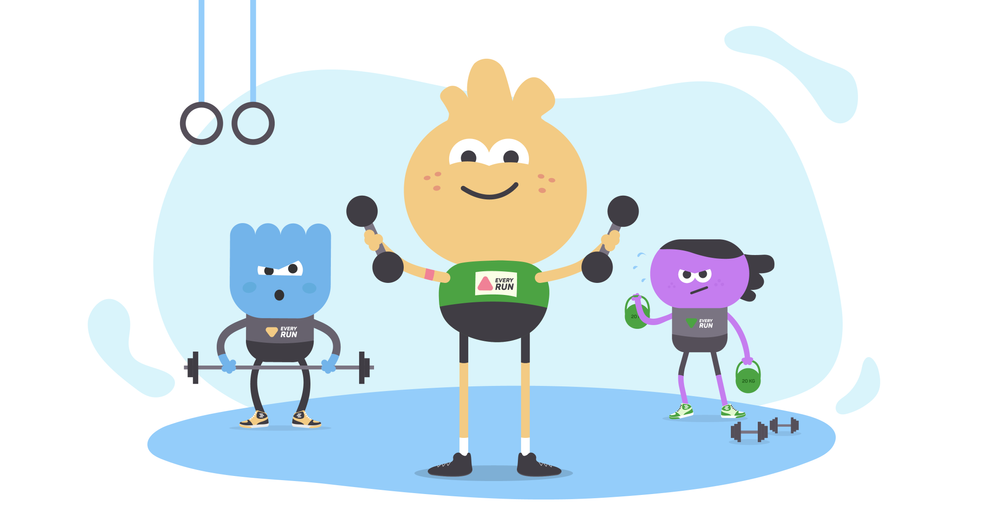Move to Improve: Physical Activity Found 1.5 Times More Effective than Drugs in Treating Depression

Alona Lashchenko
Mar 07,2023 | Useful info

According to a comprehensive review by experts at the University of South Australia, physical activity is 1.5 times more effective than psychotherapy or leading drugs in treating depression. Published in the British Journal of Sports Medicine, the review analyzed 97 reviews, 1039 trials, and 128,119 participants, making it the most extensive study to date. The research found that physical activity was highly beneficial in improving symptoms of depression, anxiety, and distress.
The study revealed that exercise interventions that lasted 12 weeks or less were the most effective in reducing mental health symptoms, highlighting the speed at which physical activity can have an impact. The groups that benefited the most from physical activity were people with depression, pregnant and postpartum women, healthy individuals, and people diagnosed with HIV or kidney disease.
The World Health Organization estimates that one in every eight people worldwide, or 970 million people, live with a mental disorder, costing the world economy around $2.5 trillion annually, a cost that is projected to increase to $6 trillion by 2030. In Australia, approximately one in five people aged 16-85 have experienced a mental disorder in the past 12 months.
Lead researcher Dr. Ben Singh emphasizes the need to prioritize physical activity to better manage the growing number of mental health cases. Despite the evidence, physical activity has not been widely adopted as a first-choice treatment. "Physical activity interventions can significantly reduce symptoms of depression and anxiety in all clinical populations, with some groups showing even greater signs of improvement," says Dr. Singh. The study also found that all types of physical activity and exercise, including walking, resistance training, Pilates, and yoga, were beneficial. "Importantly, the research shows that it doesn't take much for exercise to make a positive change to your mental health."
The study, which evaluated the effects of all types of physical activity on depression, anxiety, and psychological distress in all adult populations, is the first of its kind. Senior researcher Prof. Carol Maher hopes that this review will underscore the need for physical activity, including structured exercise interventions, as a primary approach to managing depression and anxiety.
More from Everyrun

Exciting News: Everyrun is listed as one of the best startups in Tallinn, Estonia 🎉 🎉
Everyrun has been shortlisted as one of the best startups in Tallinn, Estonia
Read more
How to balance your immune system in winter
Here are some simple tips that can help you avoid getting sick and maximize your chances
Read more
Move to Improve: Physical Activity Found 1.5 Times More Effective than Drugs in Treating Depression
physical activity is 1.5 times more effective than psychotherapy or leading drugs in treating
Read more